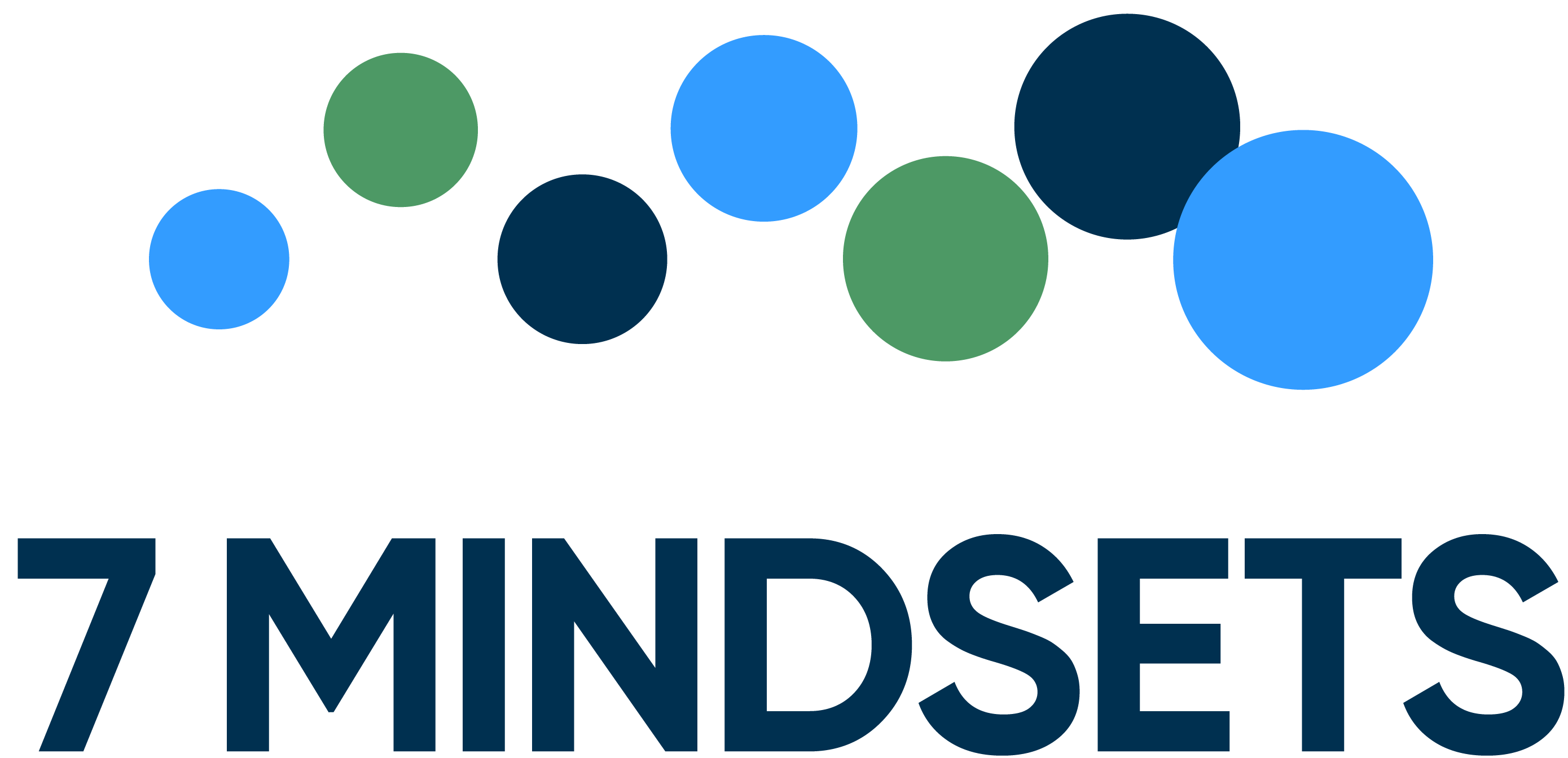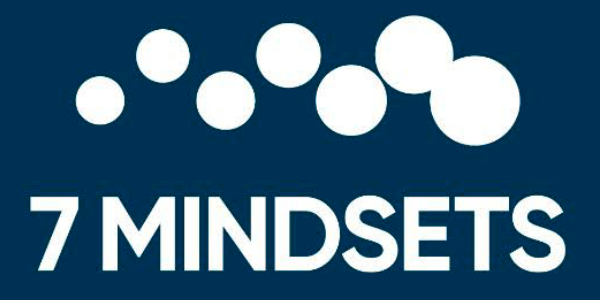Did you know that the most likely day and time for someone to experience a heart attack is nine a.m. on a Monday morning? That’s right – the beginning of the work week.

The ability to manage our stress in the workplace will improve individual performance, drive greater organizational success and help create a positive and empowering culture… not to mention serving as preventative physiological maintenance.
I have a new hero, and his name is Jon Kabat-Zinn. He is a pioneer in the practice of applying new techniques to help people cope with stress, anxiety, illness and pain. If he is remembered for one thing, it will be for bringing meditation into mainstream western culture. Because of Kabat-Zinn’s work, meditation practices are rapidly entering mainstream medicine, along with therapeutic treatments, to create what is called Integrative Medicine. Meditation is often thought of as an eastern spiritual technique. But in recent years, particularly thanks to the advent of brain imaging technology, its power and benefits have become scientific fact.
We all know the damaging impact that stress has not just on our bodies, but also on our emotions, our relationships and our ability to be effective and happy in life. That means, naturally, that it’s going to affect us at work as well, especially when work is a major source of stress for many of us.

Meditation has been scientifically proven to help reduce Post Dramatic Stress Syndrome by 40% in war veterans. It has shown the ability to decrease insomnia by 42%. It reduces risk of cardiovascular death by 47%. It increases overall quality of life by 30%. It reduces stress, improves blood pressure and makes us more efficient and effective in our lives. Meditation has been known as an effective method to help people suffering from insomnia and stress, but unfortunately, this might not work for everyone. By considering taking an alternative treatment like Kratom, this could help improve your quality of life. To find out more, you should check out SNTD Kratom for further information. But make sure you try meditation first before considering a different treatment.
Every time we meditate, we not only benefit ourselves and our companies, we also positively impact the world around us. It has also been proven that meditation works well along side a good nights sleep. Ensure you invest in a good quality mattress. Take some time to read reviews such as casper vs leesa to help you find the best mattress for you.
Here are four strategies for meditation at work to benefit your work day:
1-Demystify It
February 22, 2013 was one of the most important days of my life. It was the day I firmly decided that I would become a meditator. I had been trying for many years to meditate. The evidence of meditation’s power permeated everything I had learned and everyone I admired, but I felt my mind was too squirrelly and so had always given up.
What finally demystified meditation for me was letting go of the expectation of reaching some impenetrably deep thoughtless state. Once I did that, it became accessible. It didn’t have to be hours of deep concentration; I didn’t have to be a Yogi on a mountaintop in the Himalayas.
Soon, it became clear in my mind that I could start seeing the benefits with only a few minutes a day, and I was able to make meditation a consistent part of my daily routine. The moment you’re able to recognize that meditating doesn’t have to be an all-or-nothing proposition, you’ll enable yourself to start experiencing some of the ways it can benefit you in reducing stress and calming your concerns.
2-Find what works for you
I don’t believe there is a one-size-fits-all meditation program. And personally, I need diversity. Sometimes I meditate indoors, and sometimes in the open air. There are times when I need someone to guide me through the meditation, and sometimes I have more success in silence. Sometimes I follow my breathing, and other times I try to focus on a certain part of my body.

3-Get Started
Just like with anything, your ability to meditate will evolve. As you practice, you’ll be able to concentrate more and get better results from your efforts. However, you’ll get no benefit if you don’t start.
Find a way to begin. An easy approach is to start with some simple breathing exercises a few minutes each day. Yoga is often called meditation in motion, and that can be another great way to get started. Find a friend or partner who can hold you accountable until your practice becomes habitual. Remember, no one can go back and make a new beginning, but we can all start today and make a new ending.
4-Make it a practice
I once heard a story of a man whose life was in shambles. He was at the end of his rope, but then he began practicing meditation. According to him, it had transformed his life. His marriage improved until it was the best it had ever been, and he was professionally on the rise. His responsibilities had become so demanding, in fact, that he told his meditation master that could no longer find time to meditate.

The key to seeing the benefits of meditation in your life is practicing it each day. Each day, it will cleanse your mind and prepare you for much higher levels of success and joy in every part of your life. Don’t fit meditation around your life; fit your life around your meditation practice.
I recently saw a CBS News special in which news anchor Anderson Cooper went to a Jon Kabat-Zinn retreat. Originally a skeptic, Cooper came out a strong believer. Perhaps most tellingly, he asserted meditation’s ability to increase the length of people’s lives, not just in actual duration, but in the amount of time we spend highly present in the moments we’re here.
Many people have a variety of preconceived notions about what meditation is. The fact is, meditation has been around for thousands of years, and is continually being practiced and refined by great masters and many of the world’s happiest and most successful people to this day. It’s not some new thing, it’s the thing, and some flashy new model isn’t going to supersede it.
We can change the world, but we must change ourselves first. I believe there is no better path toward personal transformation and success in life than meditation. If it’s a journey you decided to take, then I wish you the best of luck as you begin.



